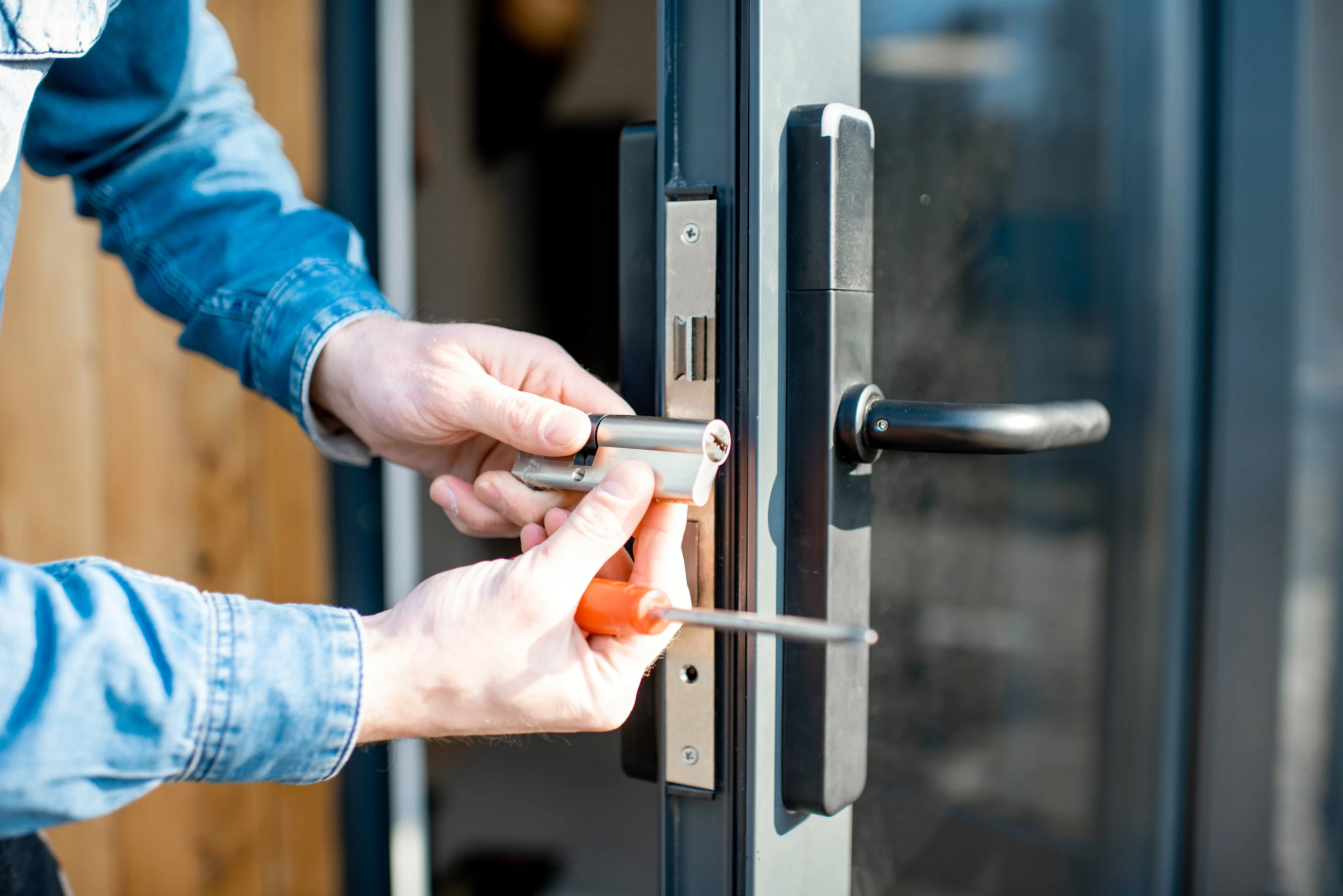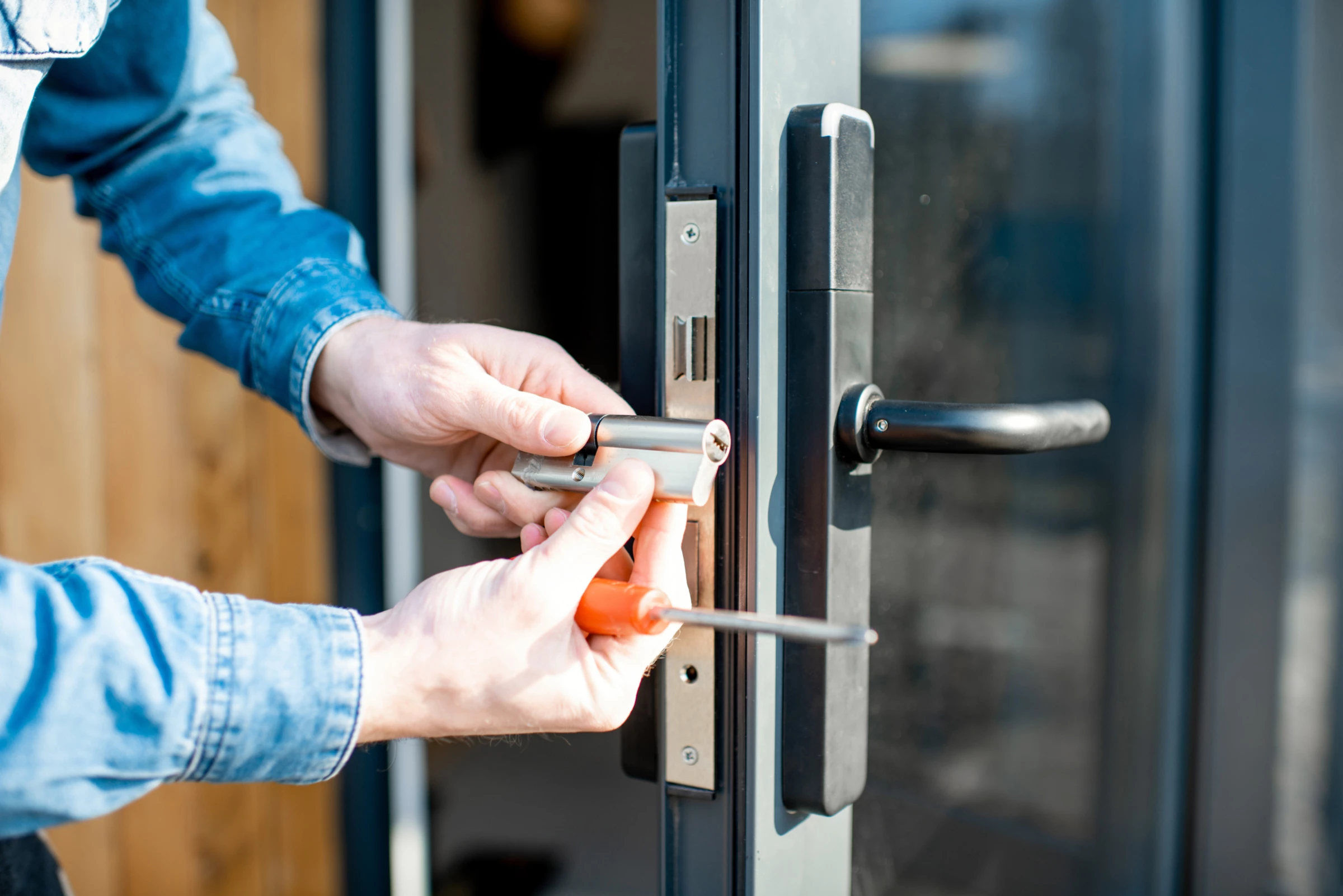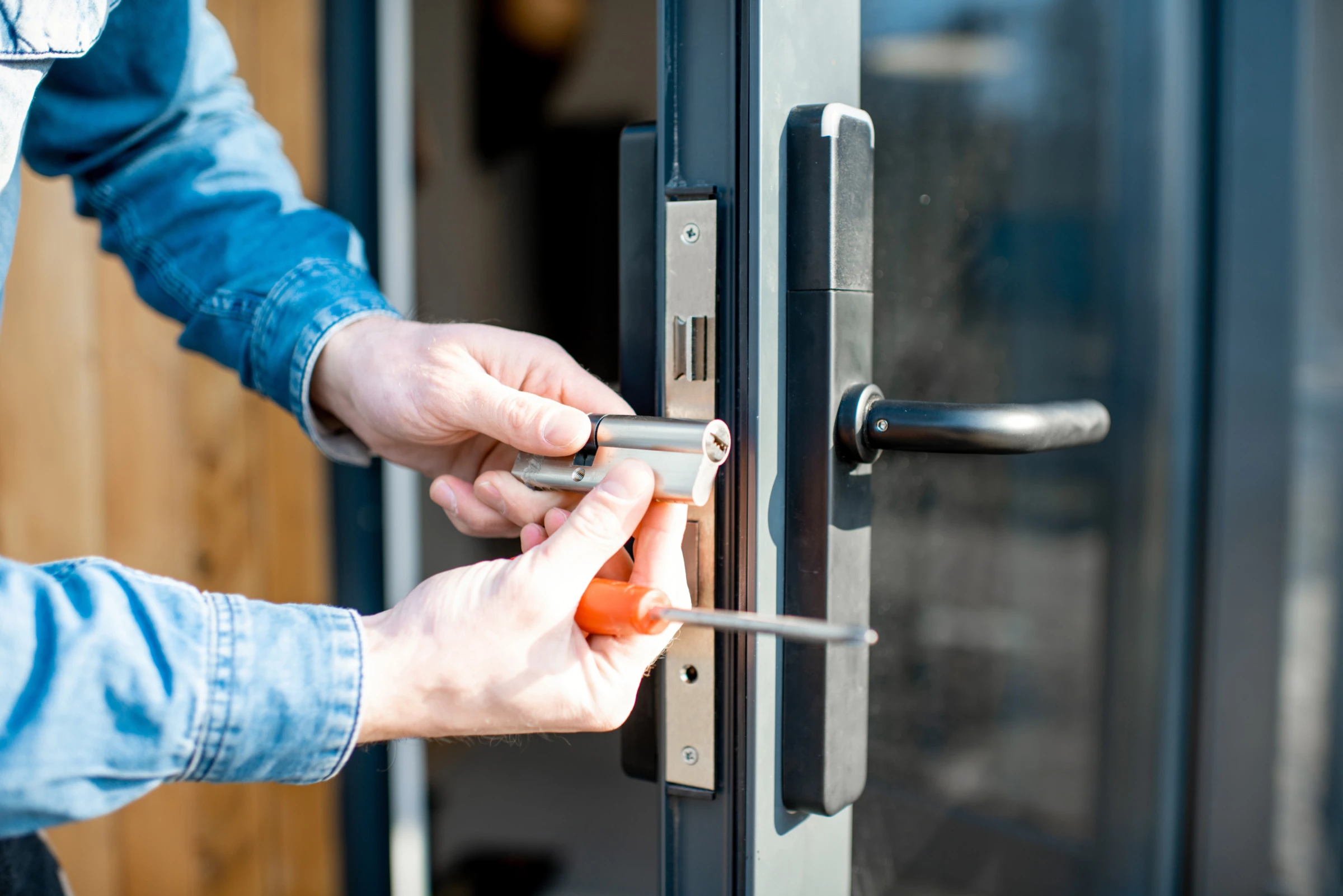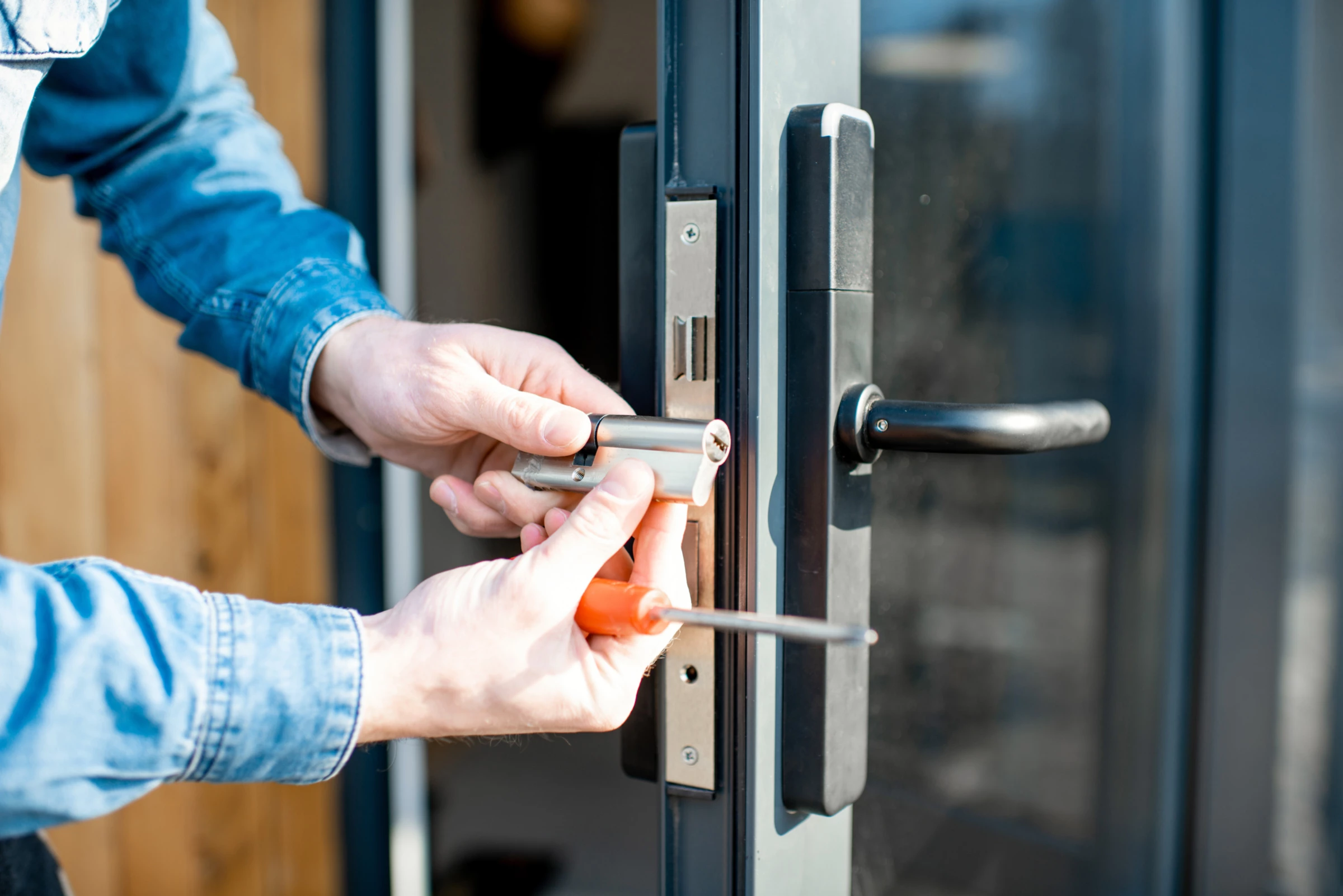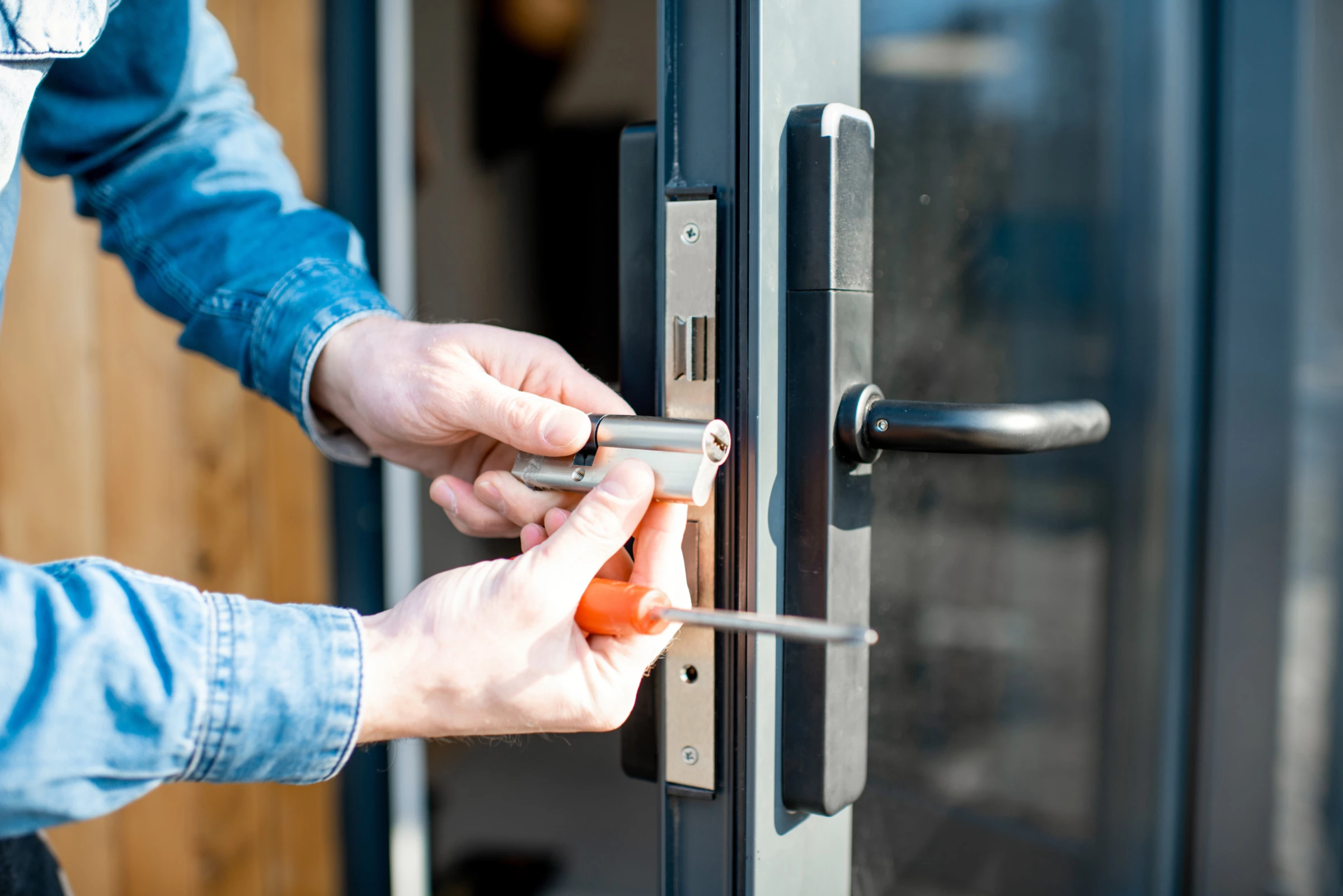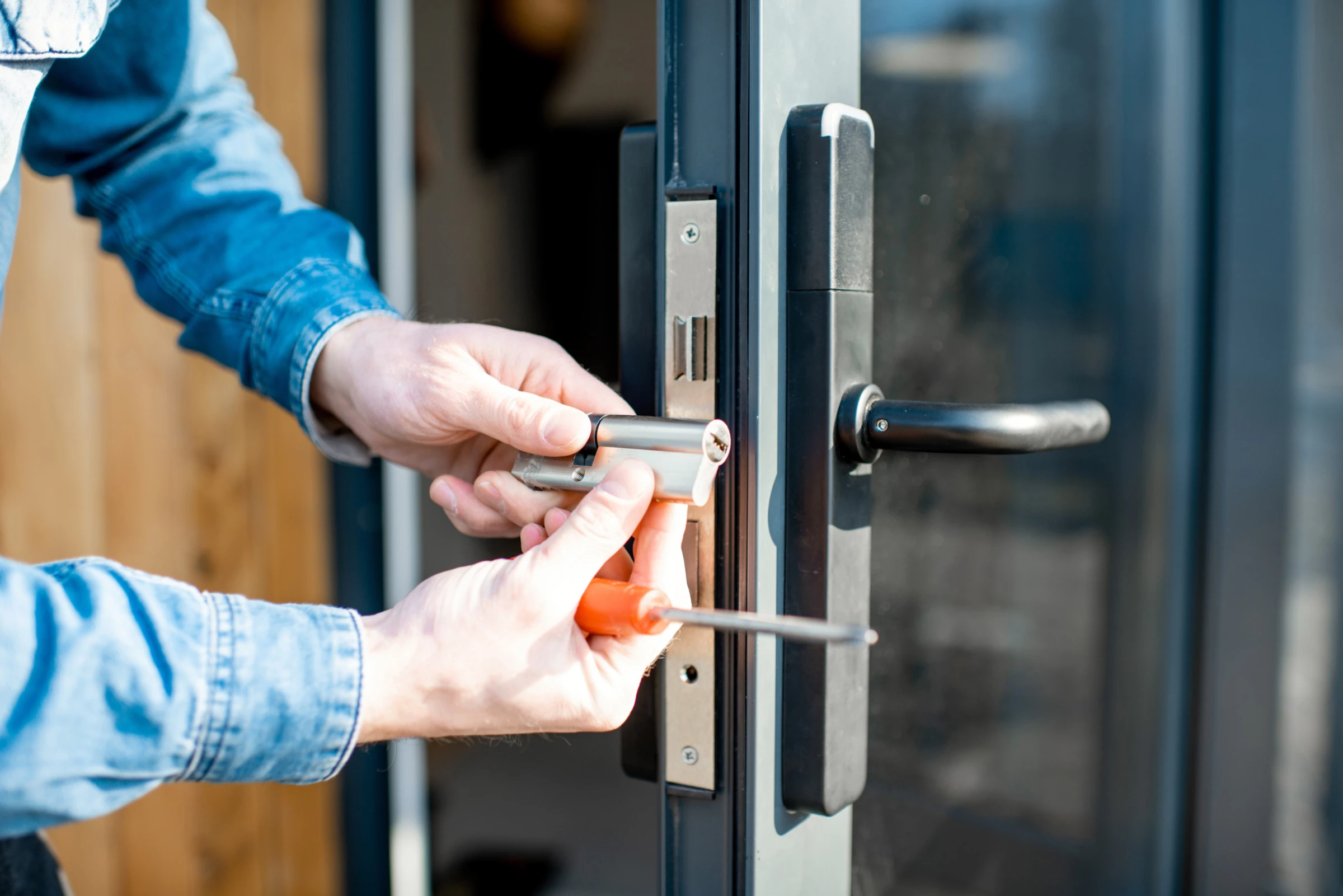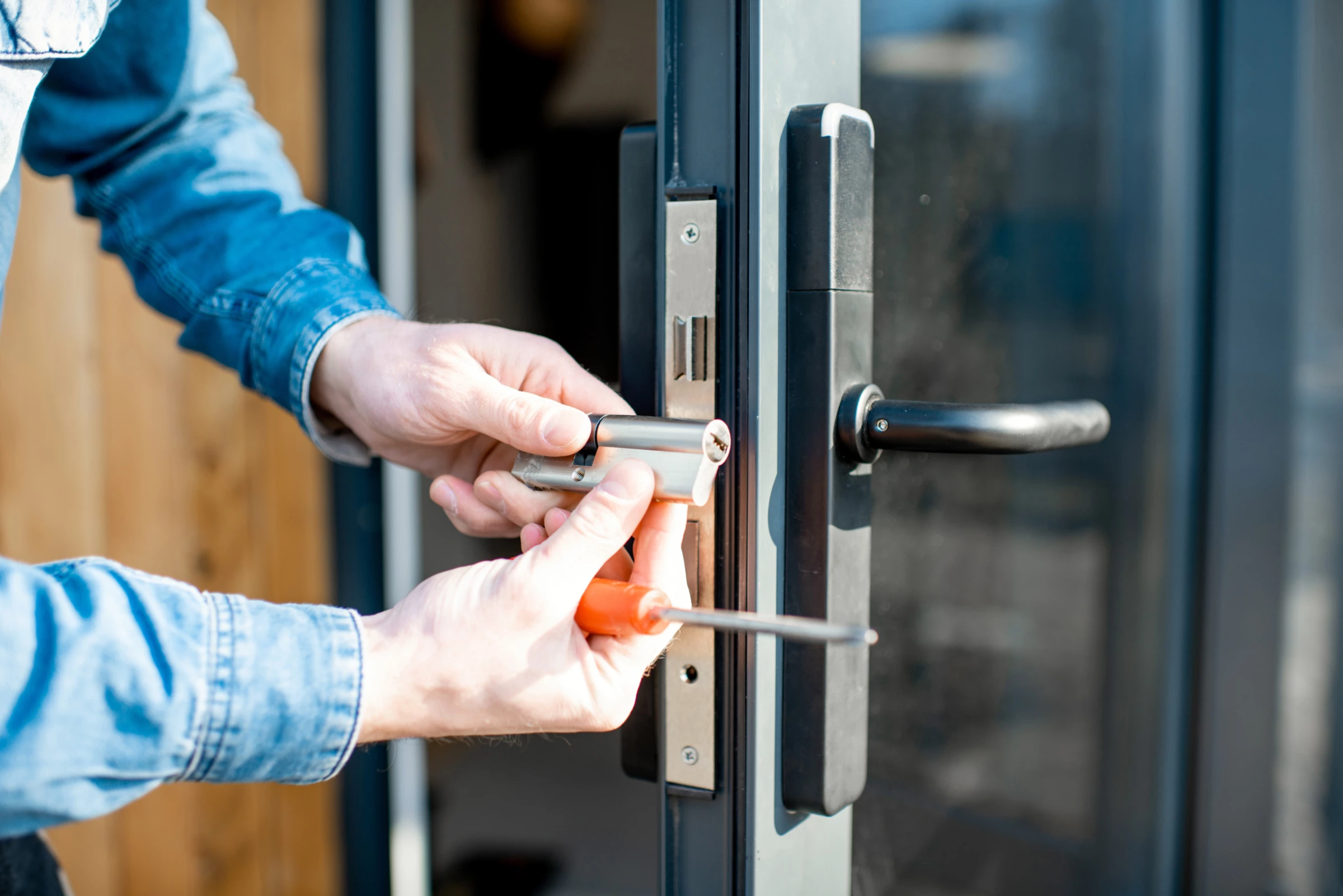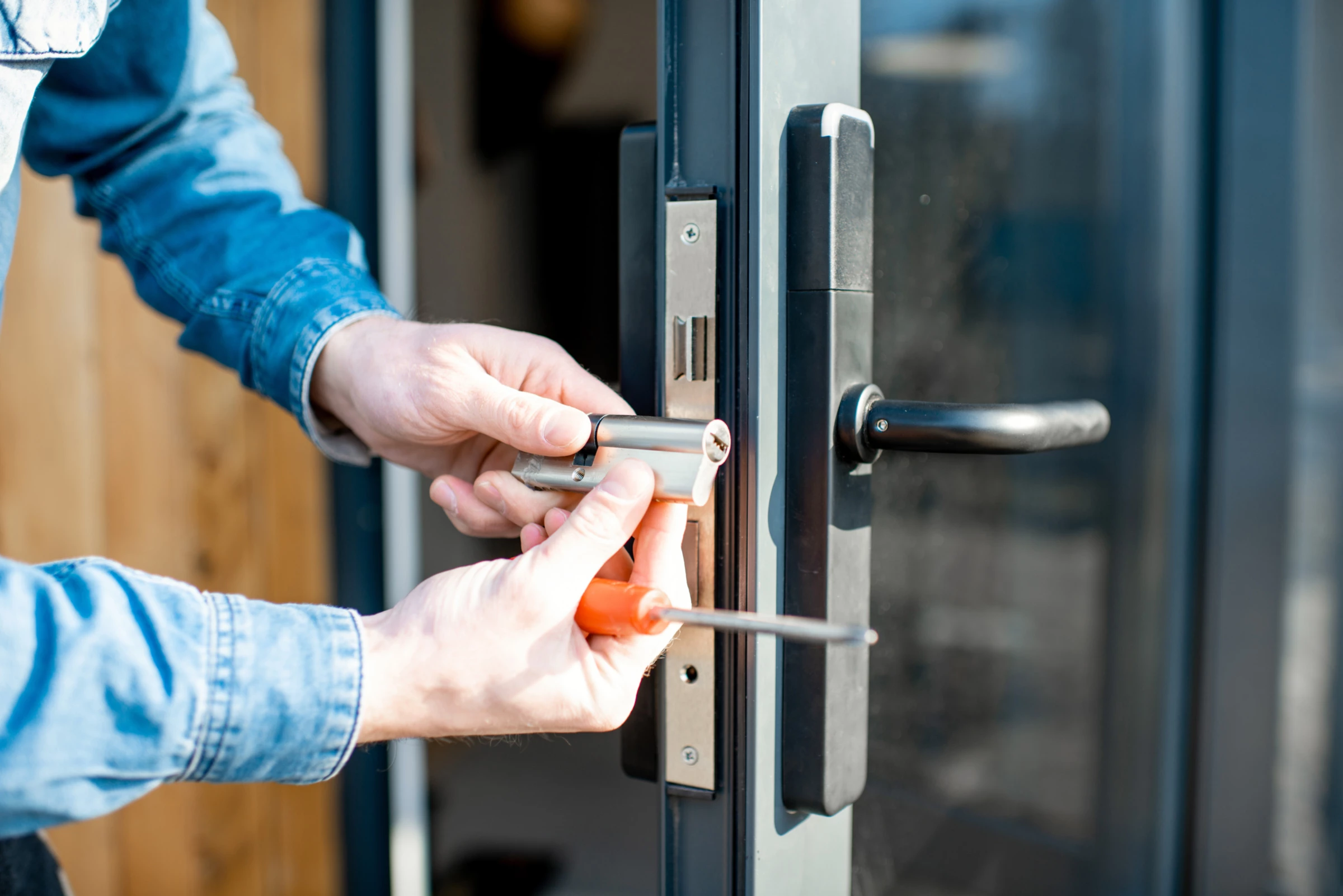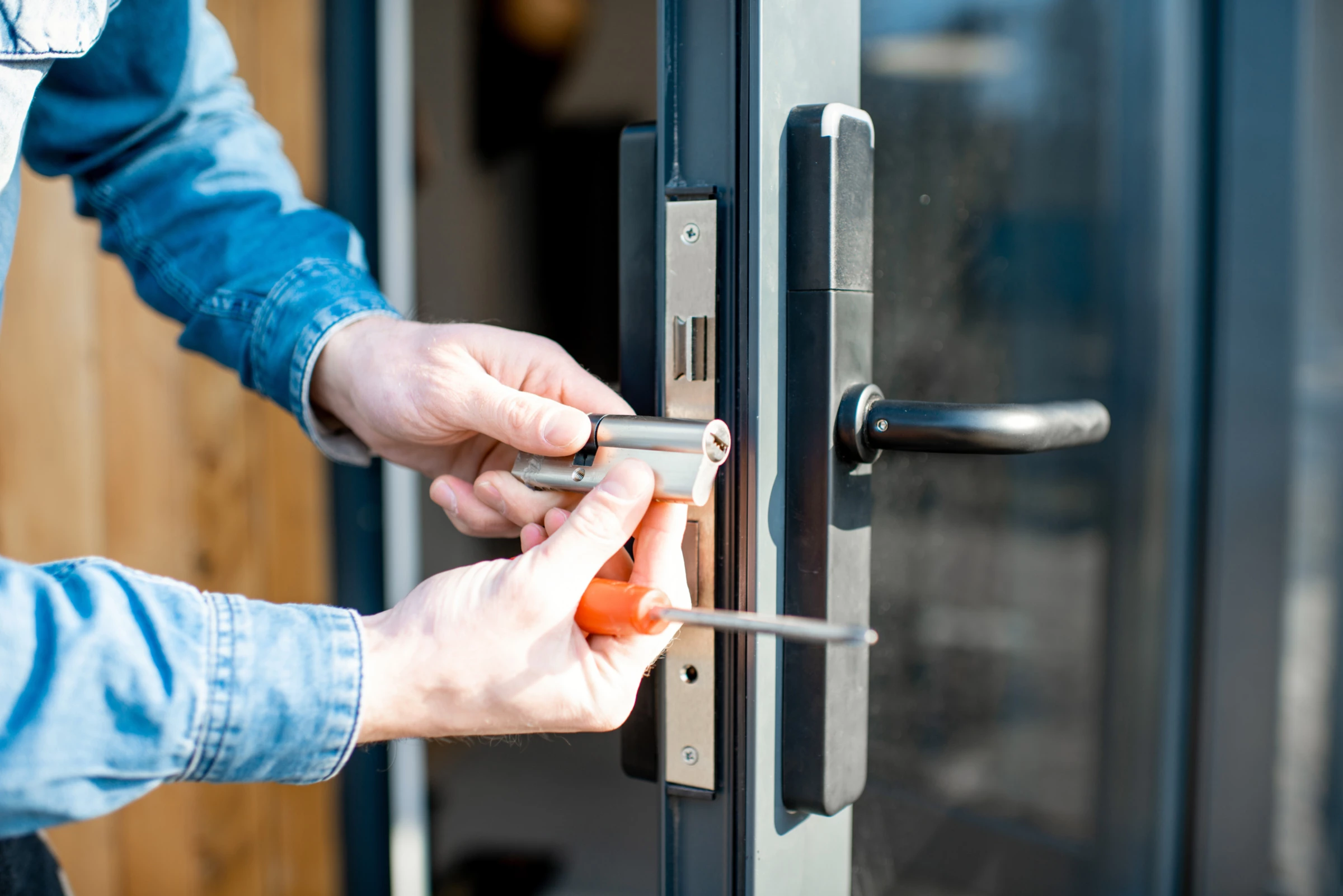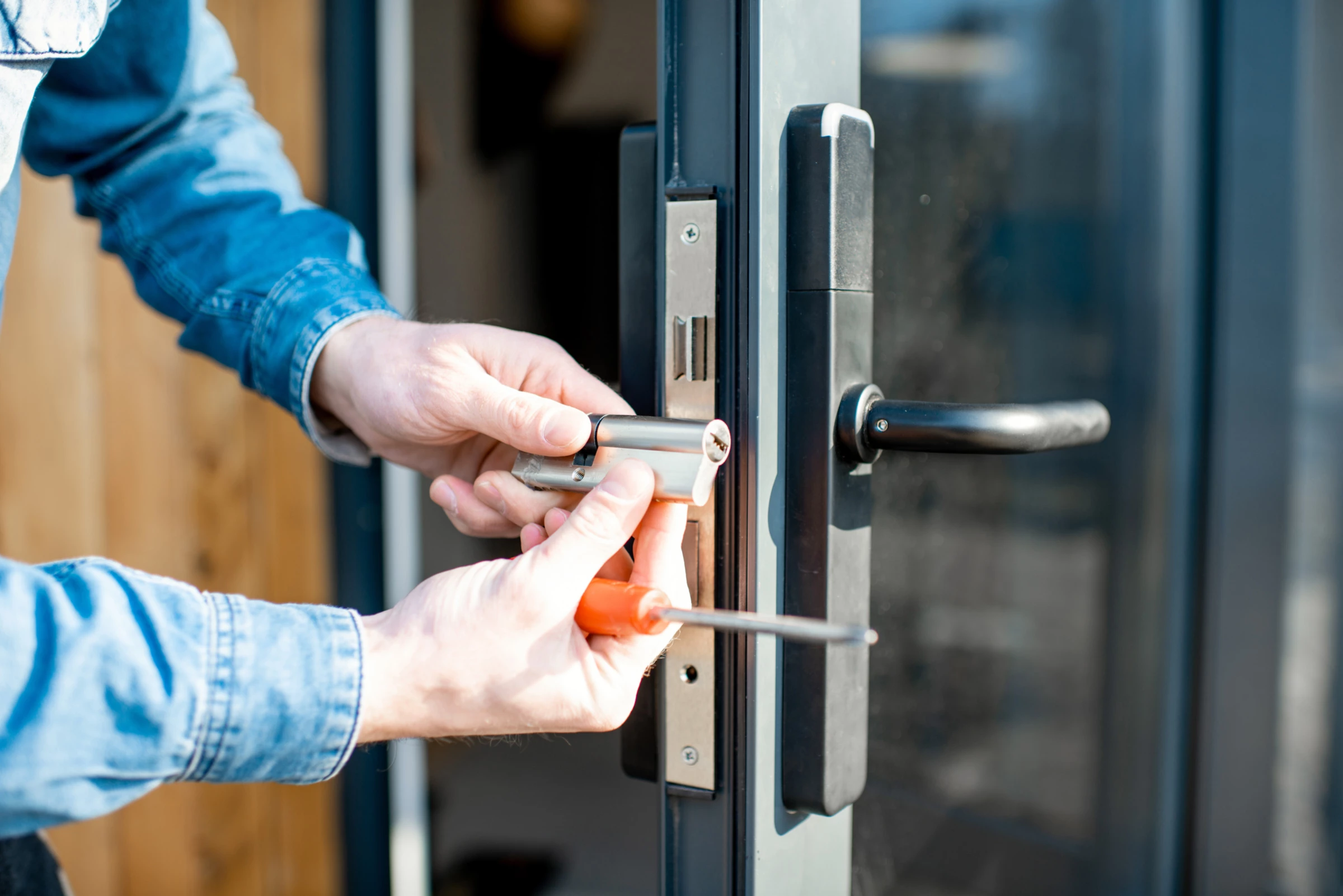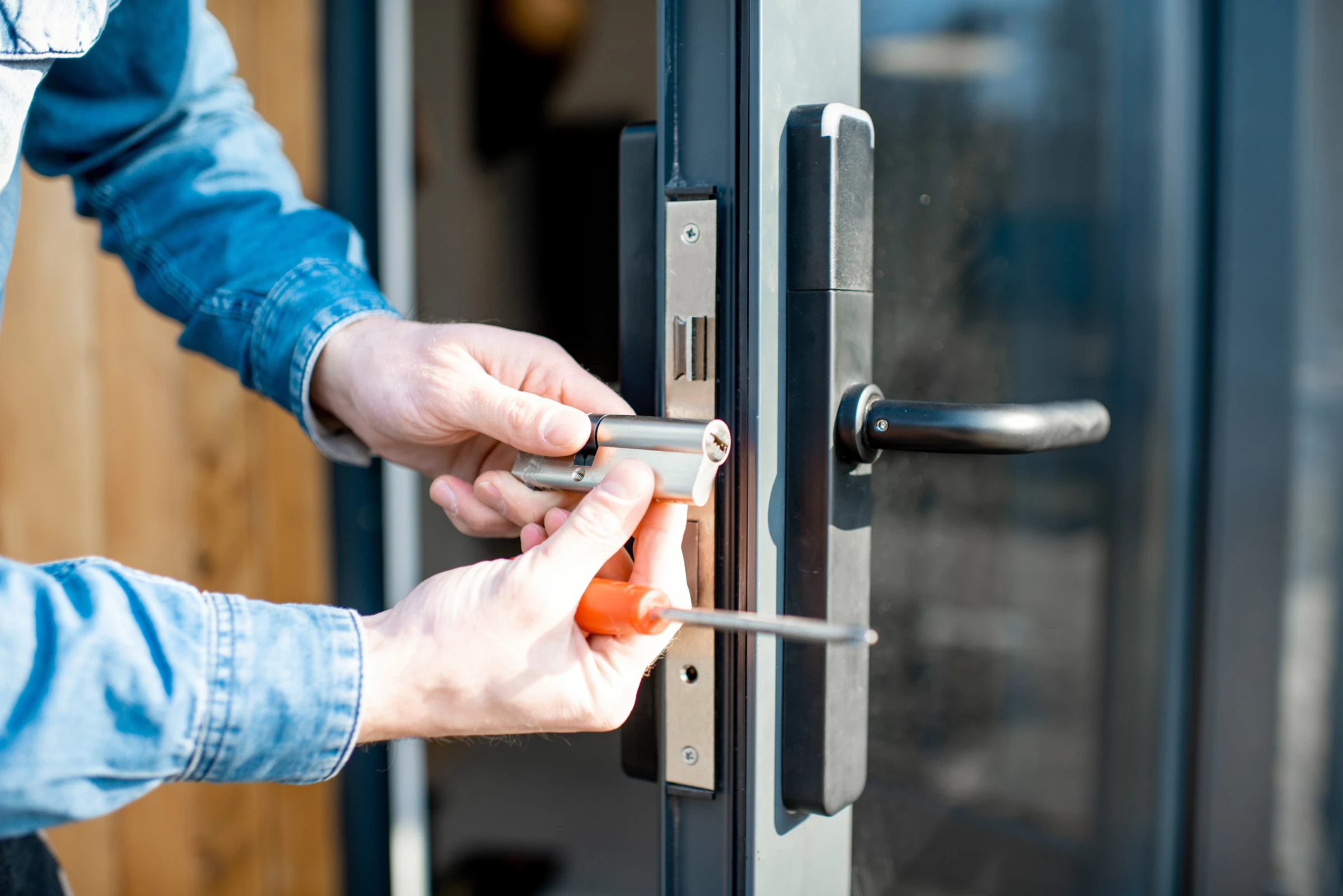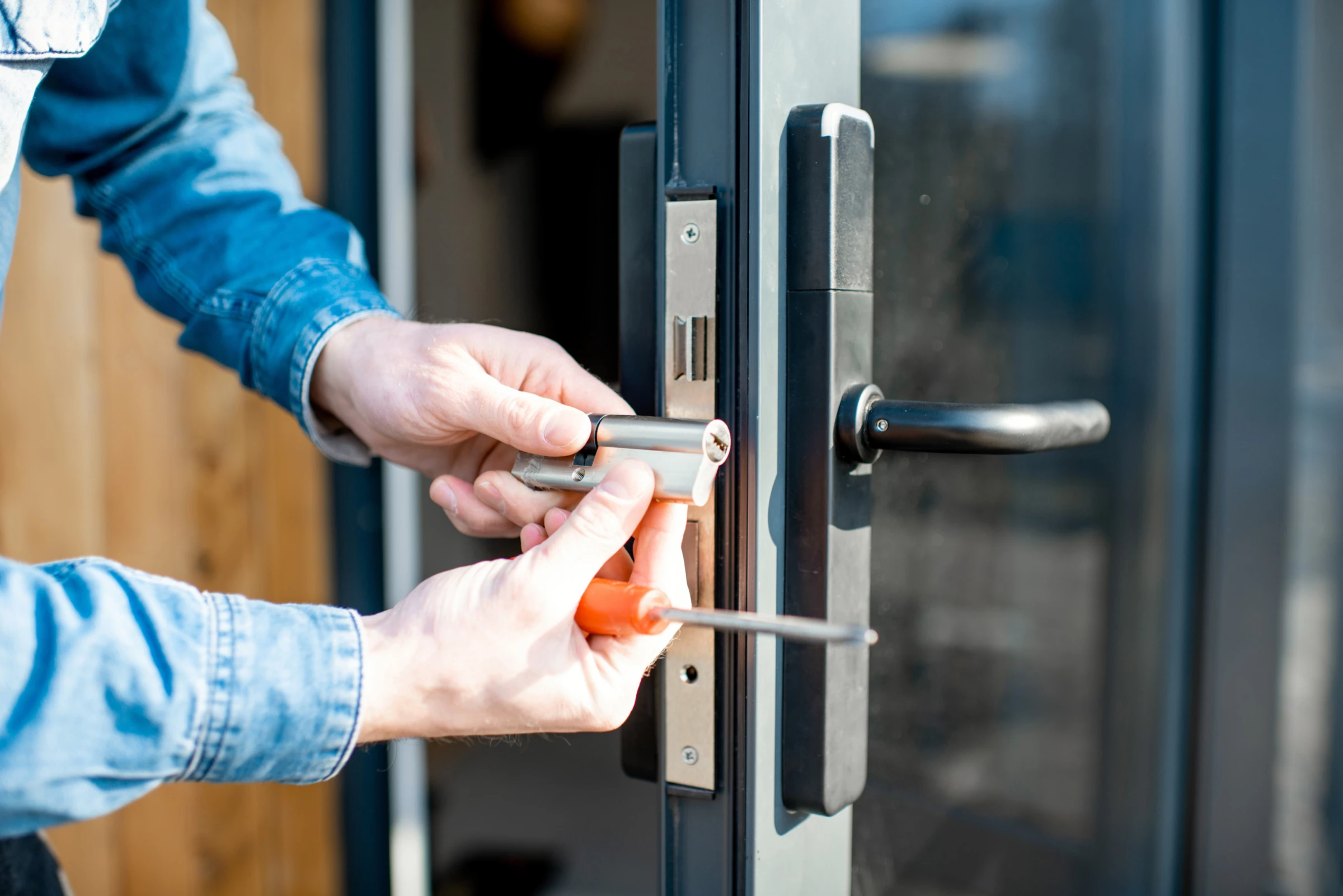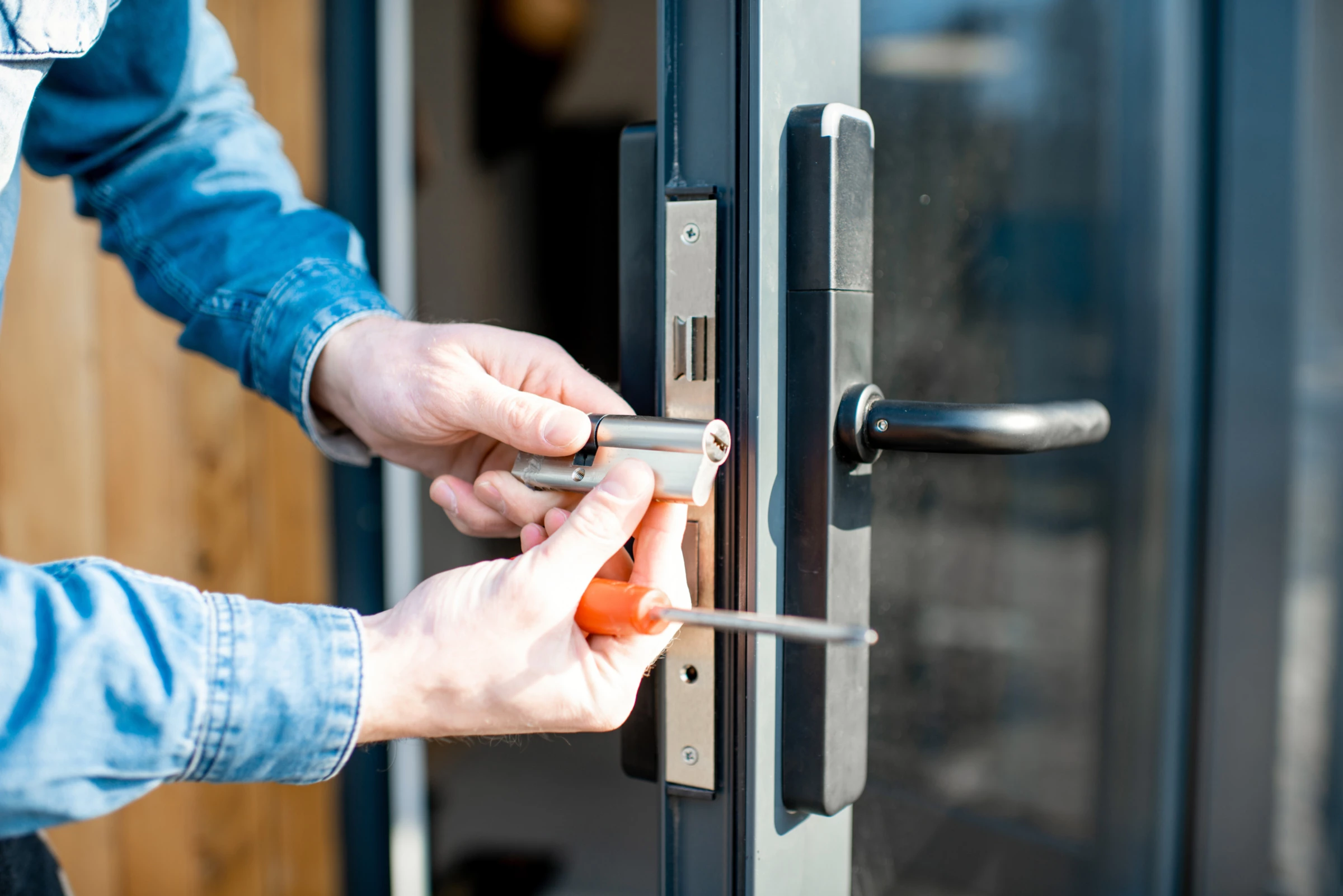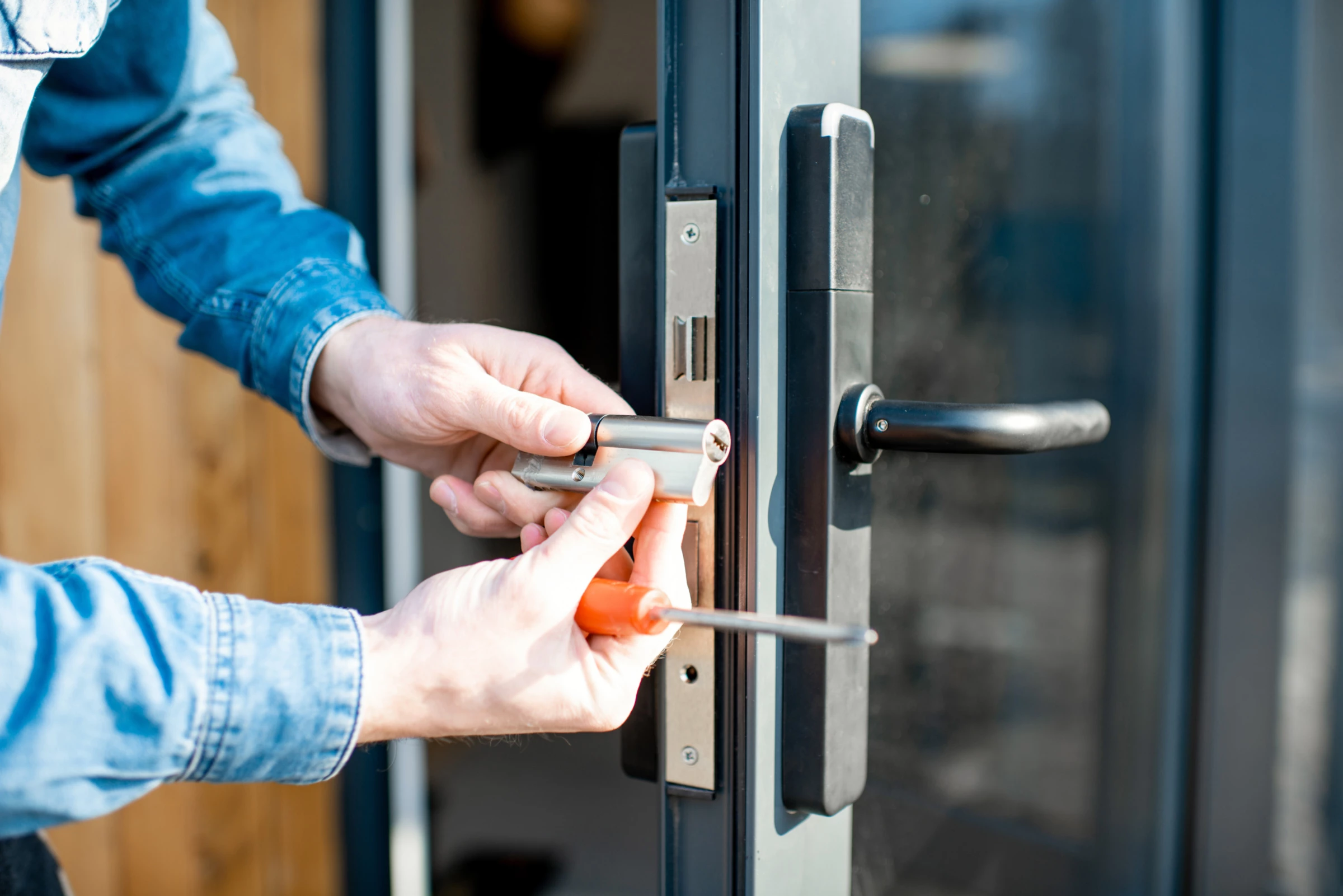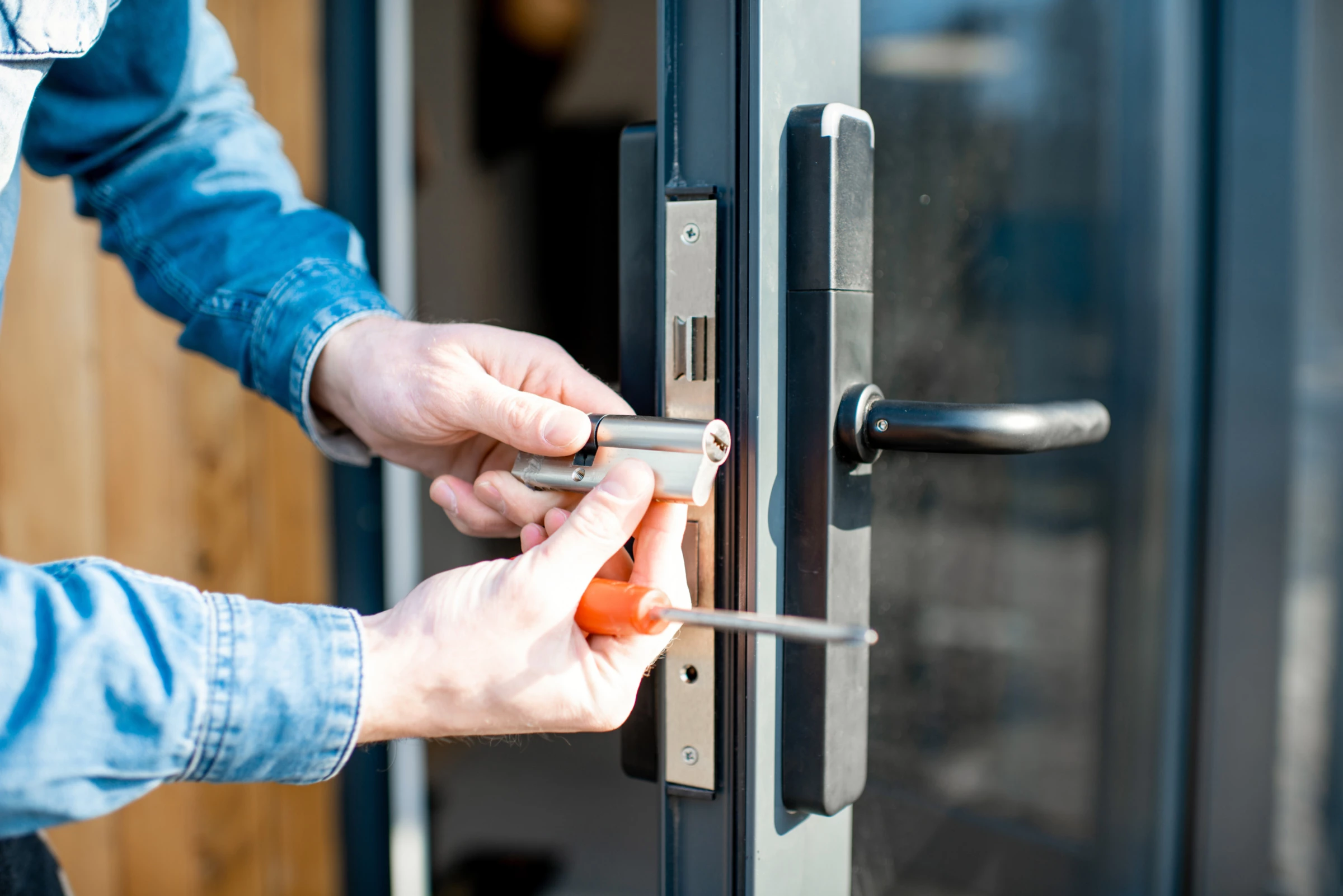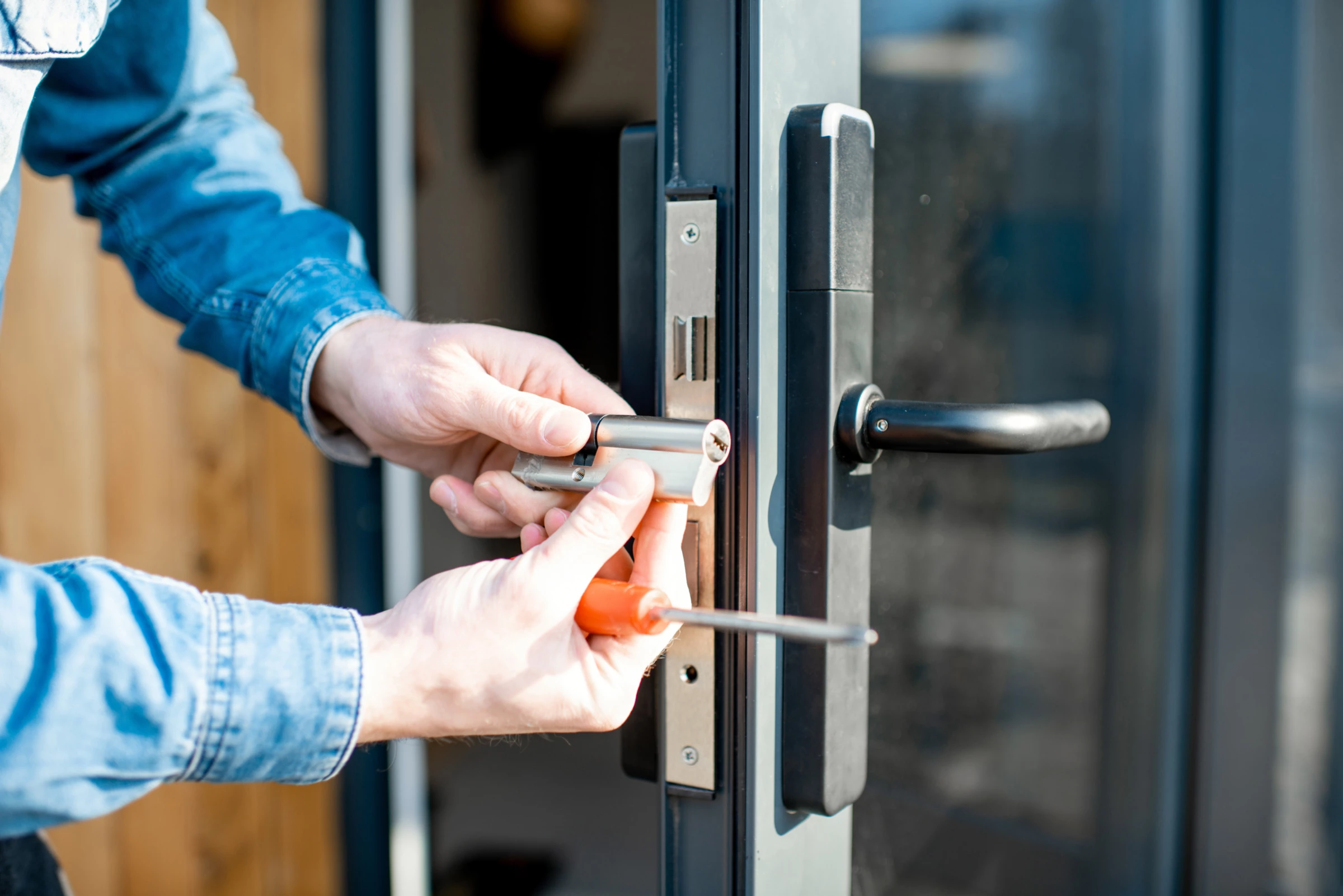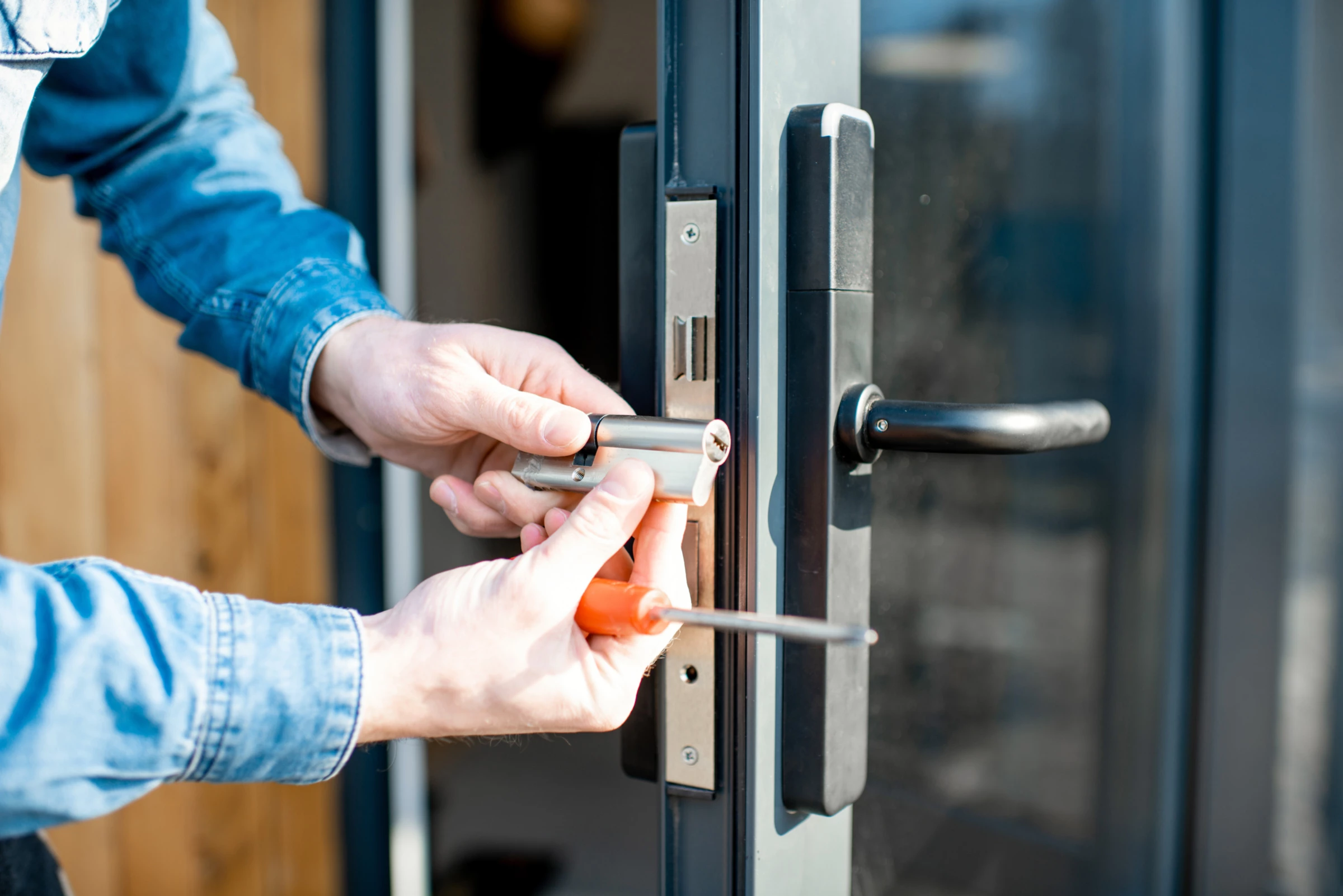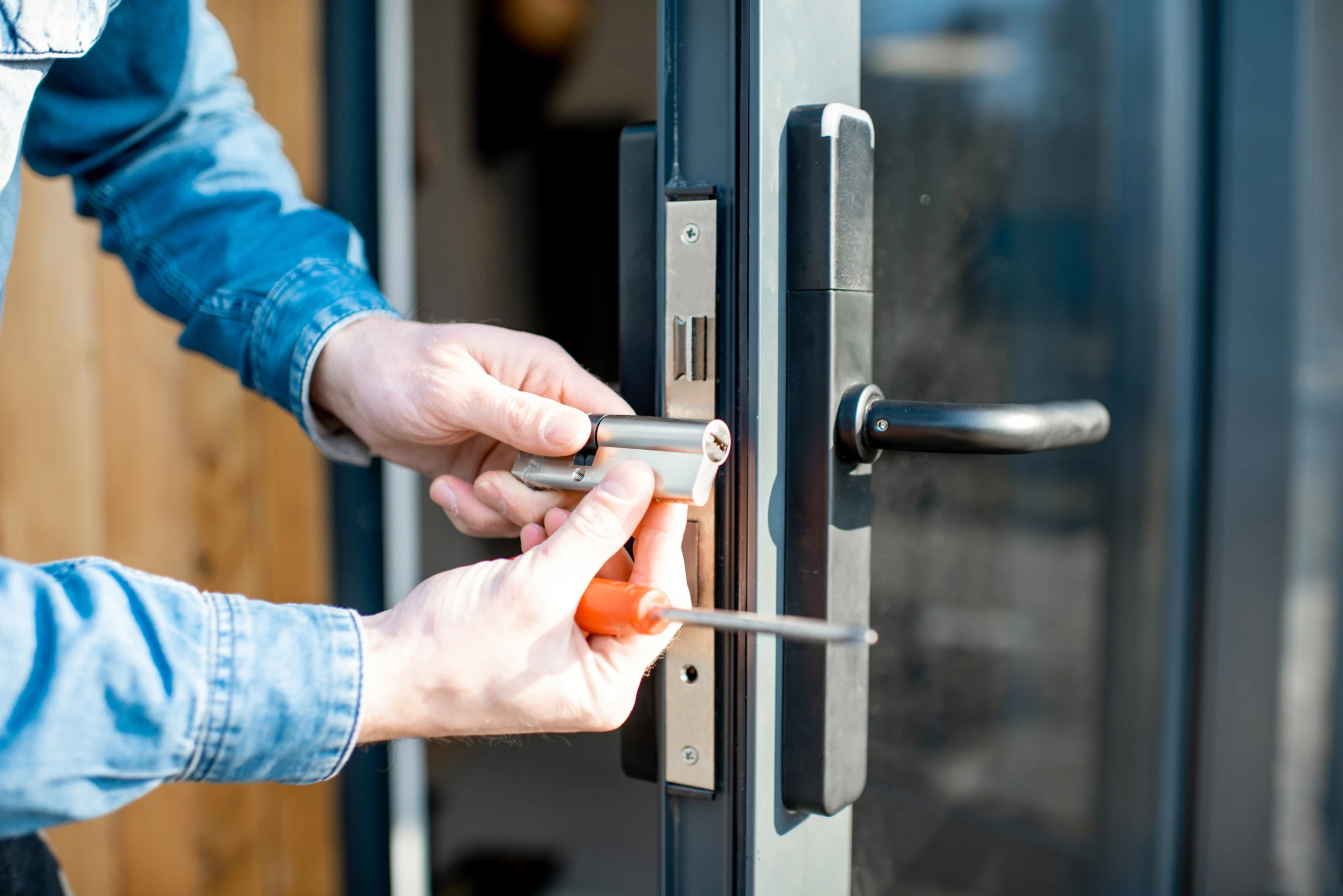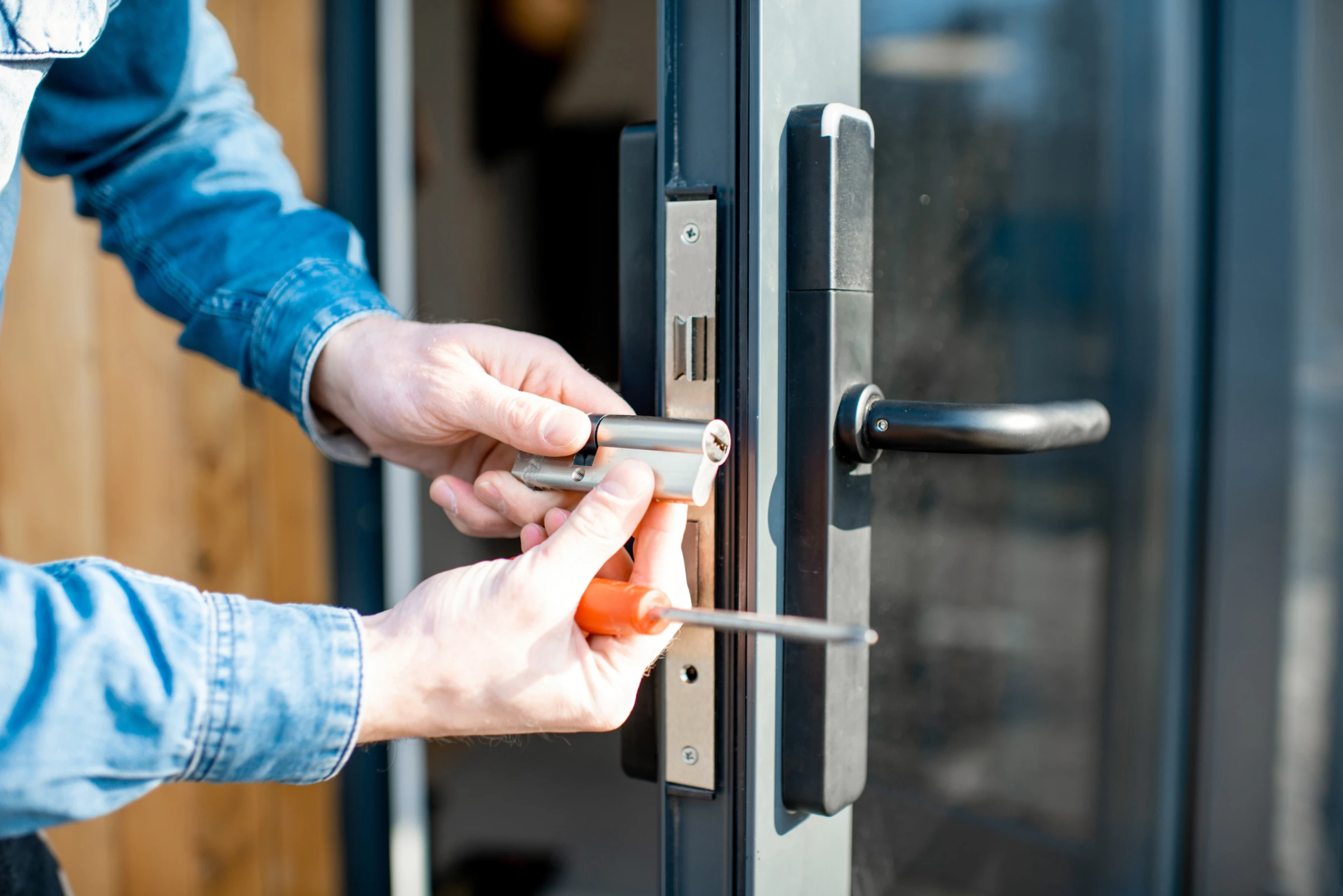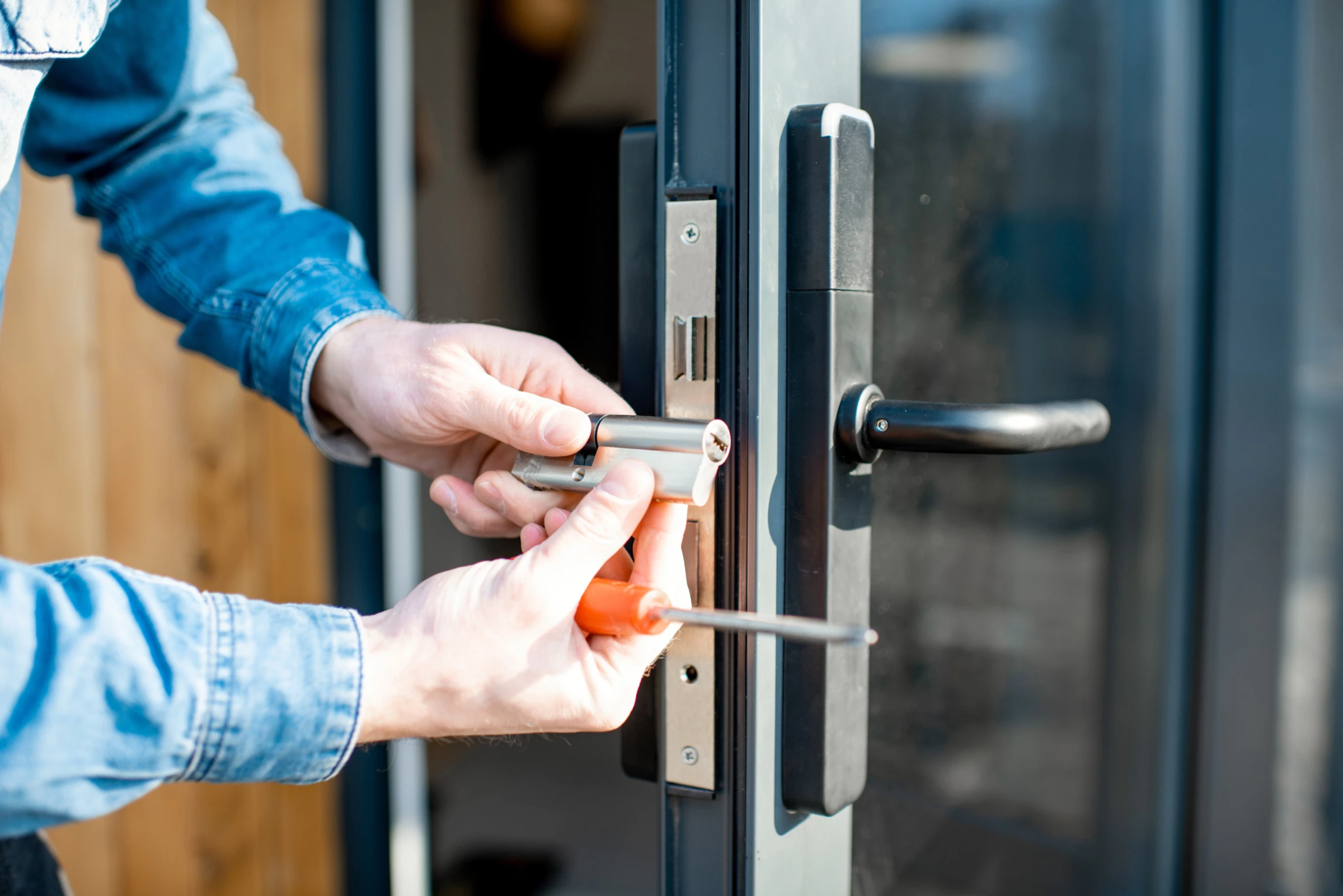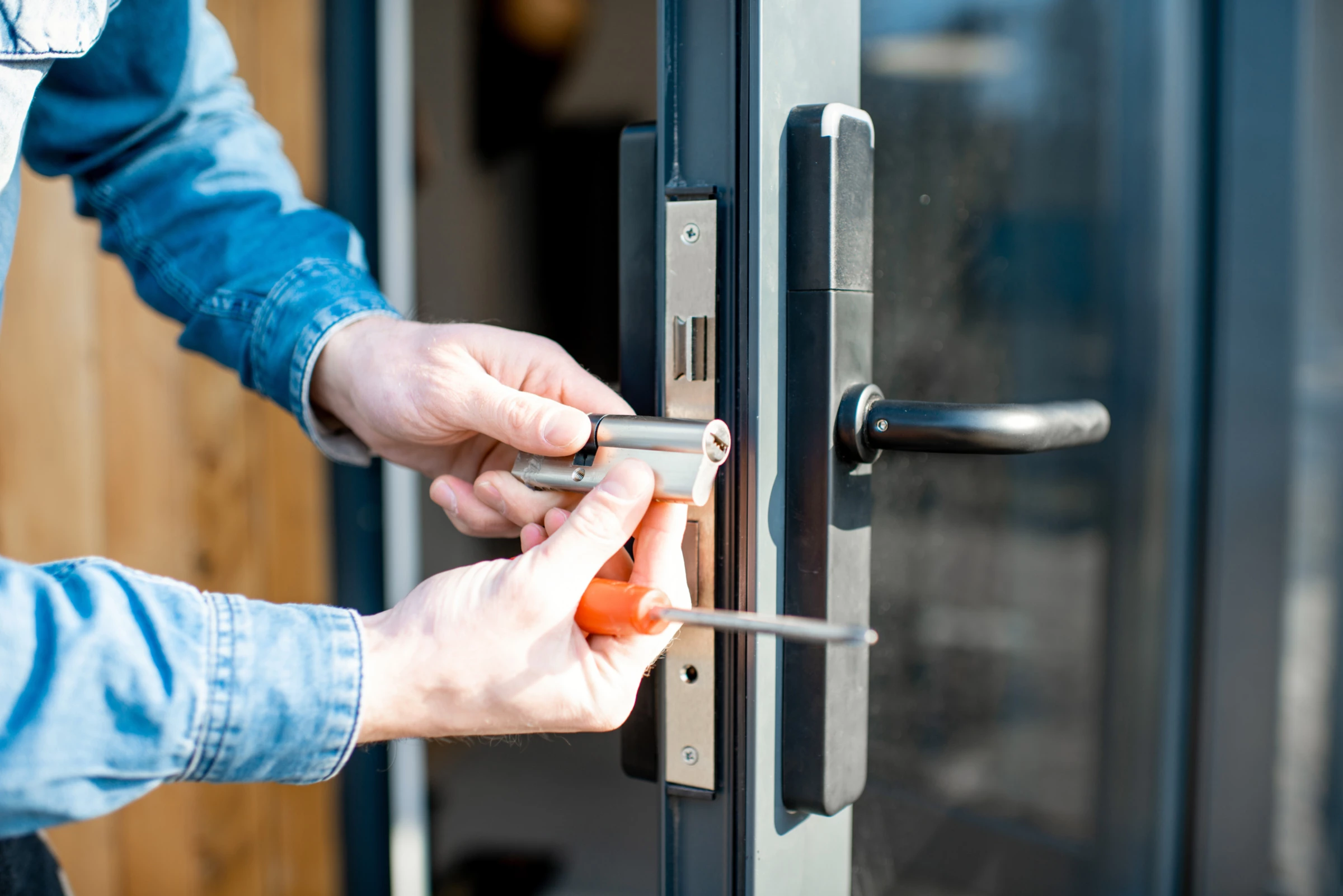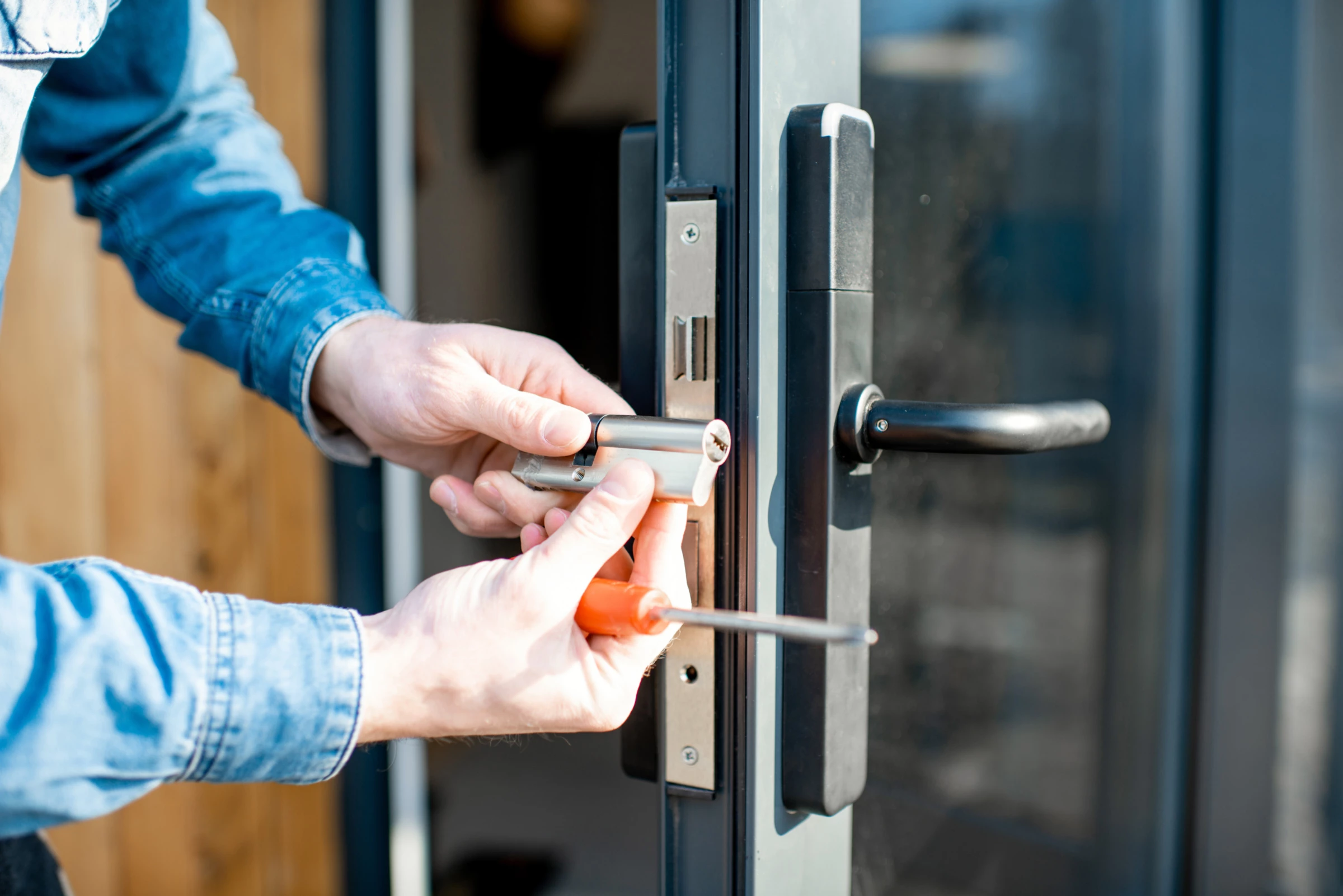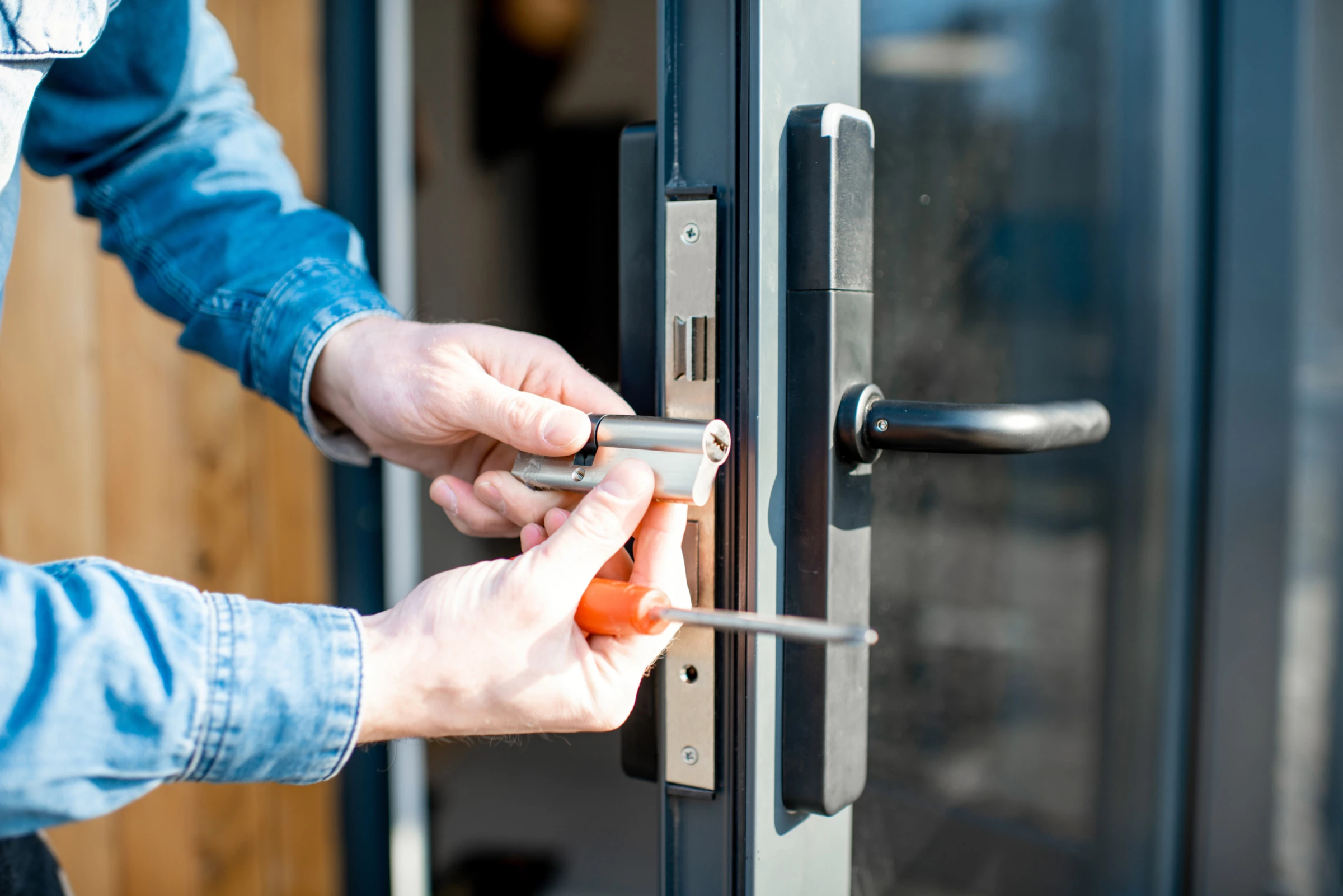When locksmith professionals take on institutional contracts - from government buildings and hospitals to schools and corre…
Locksmith Partnership Insurance: Comprehensive Coverage for Security Service Partnerships
Introduction
Locksmith partnerships face unique challenges in the security services industry, combining the individual risks of locksmith operations with the complexities of shared business ownership. Whether you're forming a new partnership or looking to protect an existing one, understanding the specific insurance requirements for locksmith partnerships is crucial for long-term success and protection.
Partnership structures in the locksmith industry can range from two locksmiths joining forces to serve a larger territory, to multi-partner operations offering comprehensive security solutions across residential, commercial, and automotive sectors. Each partnership arrangement brings distinct risks that require specialized insurance coverage.
Understanding Locksmith Partnership Risks
Shared Liability Exposure
In a locksmith partnership, each partner can be held liable for the actions of their business partners. This means that if one partner causes property damage during a lock installation or emergency callout, all partners may face legal and financial consequences. The interconnected nature of partnership liability makes comprehensive coverage essential.
Professional Service Risks
Locksmith partnerships provide professional security services that carry inherent risks. Faulty lock installations, security system failures, or inadequate security assessments can result in break-ins, theft, or property damage. When multiple partners are involved in service delivery, the potential for professional liability claims increases.
Partnership Dissolution Risks
Business partnerships can face dissolution due to disagreements, retirement, or other circumstances. Without proper insurance protection, the financial implications of partnership changes can be severe, particularly when ongoing contracts, client relationships, and shared assets are involved.
Essential Insurance Coverage for Locksmith Partnerships
Partnership Professional Indemnity Insurance
This coverage protects against claims arising from professional advice or services provided by any partner in the business. For locksmith partnerships, this includes protection against claims related to security assessments, lock recommendations, or system installations that fail to provide adequate security.
Coverage typically includes legal defense costs, compensation payments, and regulatory investigation expenses. The policy should cover all partners and their employees, ensuring comprehensive protection across the entire partnership operation.
Partnership Public Liability Insurance
Public liability coverage protects against third-party injury or property damage claims arising from partnership operations. This is particularly important for locksmith partnerships as work often involves visiting client premises, using specialized tools, and working in various environments from residential homes to commercial properties.
The coverage should extend to all partnership activities, including emergency callouts, routine maintenance, and installation services. Higher coverage limits are often recommended for partnerships due to the increased exposure from multiple operators.
Partnership Employers Liability Insurance
If the locksmith partnership employs staff, employers liability insurance is legally required. This coverage protects against claims from employees who suffer injury or illness as a result of their work. Given the physical nature of locksmith work and the use of specialized tools, this coverage is essential.
The policy should cover all employees working under the partnership structure, regardless of which specific partner they primarily work with.
Partnership Property Insurance
This coverage protects the partnership's physical assets, including tools, equipment, vehicles, and premises. For locksmith partnerships, this often includes expensive specialized equipment, key cutting machines, and mobile workshop vehicles.
The policy should clearly define ownership of shared assets and provide adequate coverage for the full replacement value of partnership property.
Partnership Business Interruption Insurance
Business interruption coverage compensates for lost income when partnership operations are disrupted by insured events. This is particularly important for locksmith partnerships as the business relies heavily on the ability to respond to client calls and provide timely services.
Coverage should account for the partnership's combined income potential and the impact of losing key partners or equipment on overall business operations.
Partnership Cyber Liability Insurance
Modern locksmith partnerships often maintain client databases, security system information, and digital records that could be targeted by cybercriminals. Cyber liability insurance protects against data breaches, system attacks, and the associated costs of notification, credit monitoring, and business disruption.
Specialized Considerations for Locksmith Partnerships
Key and Lock Liability
Locksmith partnerships face unique exposures related to key duplication, master key systems, and security consultations. Insurance should specifically address claims arising from unauthorized key duplication, compromised security systems, or breaches resulting from locksmith services.
Emergency Response Coverage
Many locksmith partnerships provide 24/7 emergency services, which increases exposure to accidents and liability claims. Insurance coverage should specifically address the higher risks associated with emergency callouts, including work performed outside normal business hours and in challenging conditions.
Automotive Locksmith Services
Partnerships offering automotive locksmith services face additional risks related to vehicle damage, electronic system interference, and roadside assistance. Specialized coverage for automotive locksmith operations should be included in the partnership policy.
Commercial Security Contracts
Locksmith partnerships often secure large commercial contracts that involve ongoing security maintenance and consultation. Insurance should provide adequate coverage limits to protect against claims arising from these high-value commercial relationships.
Partnership Structure Considerations
Joint and Several Liability
Understanding how partnership liability works is crucial when selecting insurance coverage. In most partnerships, each partner can be held responsible for the full amount of any claim, regardless of their individual involvement. Insurance coverage should account for this joint and several liability exposure.
Partner Buy-Out Protection
Insurance can provide financial protection when partnership changes occur, helping to fund buy-out arrangements or business continuation plans. This coverage ensures that the remaining partners can maintain business operations when a partner leaves or becomes unable to continue.
Succession Planning
Locksmith partnerships should consider insurance products that support succession planning, particularly when partners have different ages or career timelines. This helps ensure business continuity and protects the investment of all partners.
Claims Prevention and Risk Management
Partnership Agreements
Clear partnership agreements that define roles, responsibilities, and liability allocation can help prevent disputes and reduce insurance claims. These agreements should be regularly reviewed and updated to reflect changes in the business or partnership structure.
Training and Certification
Ensuring all partners and employees maintain current locksmith certifications and training reduces the risk of professional liability claims. Regular skills updates and safety training demonstrate professional competence and can positively impact insurance premiums.
Quality Control Systems
Implementing consistent quality control procedures across all partnership operations helps maintain service standards and reduces the likelihood of claims. This includes standardized installation procedures, security assessment protocols, and customer communication practices.
Documentation and Record Keeping
Maintaining detailed records of all services provided, including photographs, client communications, and service reports, provides valuable evidence in the event of a claim. Partnership-wide documentation standards ensure consistency and completeness.
Choosing the Right Insurance Provider
Industry Expertise
Selecting an insurance provider with specific experience in locksmith and security services ensures better understanding of partnership risks and more appropriate coverage recommendations. Providers familiar with the industry can offer valuable risk management advice and claims support.
Partnership Coverage Specialists
Not all insurers understand the complexities of partnership structures. Choose providers who specialize in partnership insurance and can structure policies to address the unique aspects of shared ownership and liability.
Claims Handling Experience
Evaluate potential insurers based on their claims handling reputation, particularly for professional liability and partnership-related claims. Quick, fair claims resolution is essential for maintaining business operations and partner relationships.
Risk Management Support
The best insurance providers offer ongoing risk management support, including training resources, safety guidelines, and industry updates. This proactive approach helps prevent claims and demonstrates the insurer's commitment to partnership success.
Cost Factors and Premium Considerations
Partnership Size and Structure
Insurance premiums for locksmith partnerships are influenced by the number of partners, business structure, and revenue distribution. Larger partnerships may benefit from economies of scale, while smaller partnerships might face higher per-partner costs.
Service Mix and Specialization
The range of services offered by the partnership affects insurance costs. Partnerships focusing on high-risk services like commercial security or emergency response typically face higher premiums than those concentrating on residential services.
Claims History
The combined claims history of all partners influences premium calculations. Partnerships should consider how individual partner histories might impact overall insurance costs and take steps to address any concerning patterns.
Geographic Coverage Area
The territory served by the partnership affects risk exposure and insurance costs. Urban areas with higher crime rates or more complex commercial properties may result in higher premiums.
Legal and Regulatory Compliance
Professional Licensing
Locksmith partnerships must ensure all partners maintain required professional licenses and certifications. Insurance policies should verify that coverage applies only when services are provided by properly licensed professionals.
Data Protection Compliance
Partnerships handling client security information must comply with data protection regulations. Insurance coverage should include protection against regulatory fines and investigation costs related to data protection violations.
Health and Safety Requirements
Compliance with health and safety regulations is essential for maintaining insurance coverage. Partnerships should implement comprehensive safety programs and ensure all partners and employees receive appropriate training.
Partnership Insurance Best Practices
Regular Policy Reviews
Partnership insurance needs evolve as the business grows and changes. Annual policy reviews ensure coverage remains adequate and cost-effective. These reviews should consider changes in partnership structure, service offerings, and risk exposure.
Clear Communication
All partners should understand the insurance coverage in place and their individual responsibilities for risk management. Regular communication about insurance matters helps ensure consistent practices across the partnership.
Professional Advice
Working with insurance brokers or advisors who specialize in locksmith partnerships ensures access to the most appropriate coverage options and competitive pricing. Professional advice is particularly valuable when partnership structures change or new services are added.
Integration with Business Planning
Insurance considerations should be integrated into overall business planning and partnership agreements. This ensures that coverage supports business objectives and provides adequate protection for all partners.
Conclusion
Locksmith partnership insurance requires careful consideration of the unique risks and exposures faced by shared ownership structures in the security services industry. Comprehensive coverage should address professional liability, partnership-specific risks, and the complex liability relationships inherent in partnership operations.
Success in protecting a locksmith partnership requires understanding both the technical aspects of locksmith services and the legal complexities of partnership structures. By working with experienced insurance providers and maintaining proactive risk management practices, locksmith partnerships can secure the protection needed for long-term success.
The investment in comprehensive partnership insurance provides peace of mind for all partners and creates a solid foundation for business growth and client service excellence. As the security services industry continues to evolve, properly insured locksmith partnerships will be better positioned to adapt and thrive in changing market conditions.
Regular review and updating of insurance coverage ensures that protection keeps pace with business development and changing risk exposures. This proactive approach to partnership insurance management demonstrates professionalism and commitment to client service that distinguishes successful locksmith partnerships in a competitive market.


 0330 127 2333
0330 127 2333
